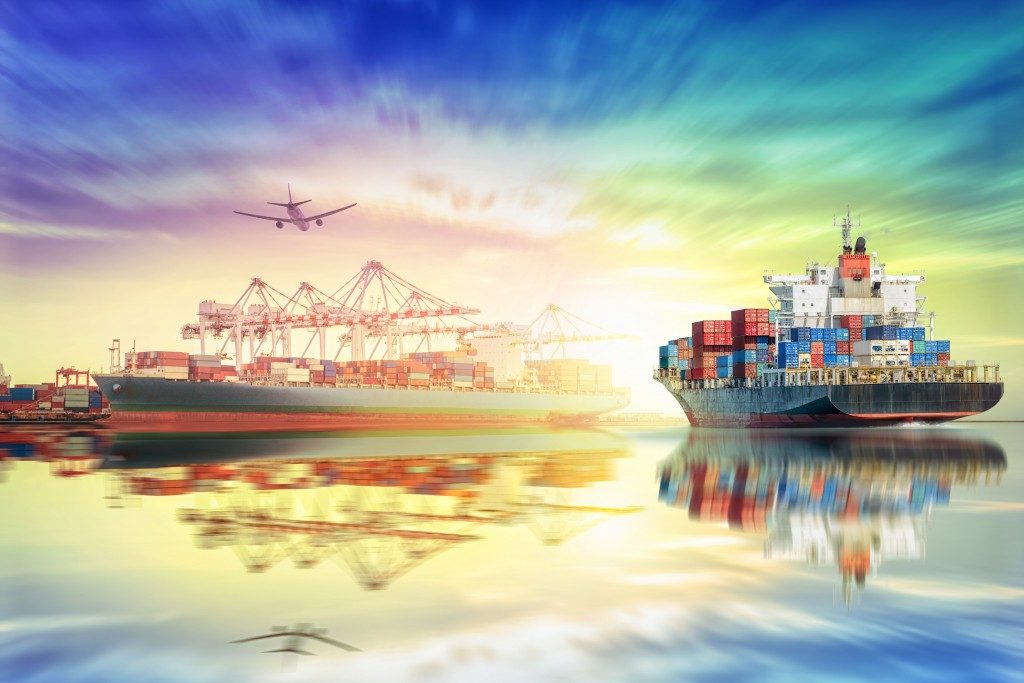One of the most complex and overlooked elements in marine transport is charterers’ liability insurance. This type of insurance is for people who charter a vessel for the transportation of various goods. It covers the different elements you will be exposed to and your obligations to the vessel’s owner and third parties. Such elements could threaten the financial stability of even the most profitable companies, so it is best not to take it for granted.
Although essential, charterers’ liability insurance has limits on its coverage and how you stand to benefit in case of anything. To make sure you are completely covered on the elements you might be exposed to, you need to get a few extensions on your primary cover. Here are some examples:
Cargo Owners Legal Liability (COLL)
This extension is the best choice if the goods you will be carrying have a risk of causing pollution on the waters you will be passing through. It covers the charterer as the owner of the cargo being transported as opposed to their position as a vessel’s charterer for any claims of pollution. This is unlike other liabilities that cover the pollution caused by your vessel, not your goods.
War Risk Insurance
Maritime wars are sadly cropping up every day. The vessel you will charter of your cargo’s transportation might be caught in the middle of a war or revolution, or be damaged by neglected weapons left by a past war.
In these cases, the war risk insurance will cover the damage to your vessel and cargo. This risk is excluded from your basic charterers’ liability insurance, and the war risk insurance is more or less a buy-back to this exclusion in your primary cover.
Specialist Operations
Your charterers’ liability cover will compensate you for any loss arising from some specialist operations. The specific activities covered will be mentioned explicitly in your insurance contract. A few of the most common ones include diving operations, piling, dredging, and construction.
If your primary cover does not mention the operations you will be engaged in at sea, then it is best to get a specialist operations cover. This covers remotely operated vehicles, contractual liability, and salvaging in offshore contracts, among other elements that cover your specific activities.
Freight Insurance

Most of the cargo on your charter will not be fully paid for during its transportation. Freight insurance is meant to cover you for the unpaid amount of your cargo should anything happen during your voyage which causes its total loss. The sum you will ensure is the freight’s complete cost or the profit you stand to make when it is safely delivered to a client.
Do not assume your insurer will cover activities they do not specifically mention in your contract. If anything you needed coverage is not included, you can get an extension. The above extension types are only a few of the ones available for your charterers’ liability. Talk to your insurer on your available options depending on your specific circumstances.

